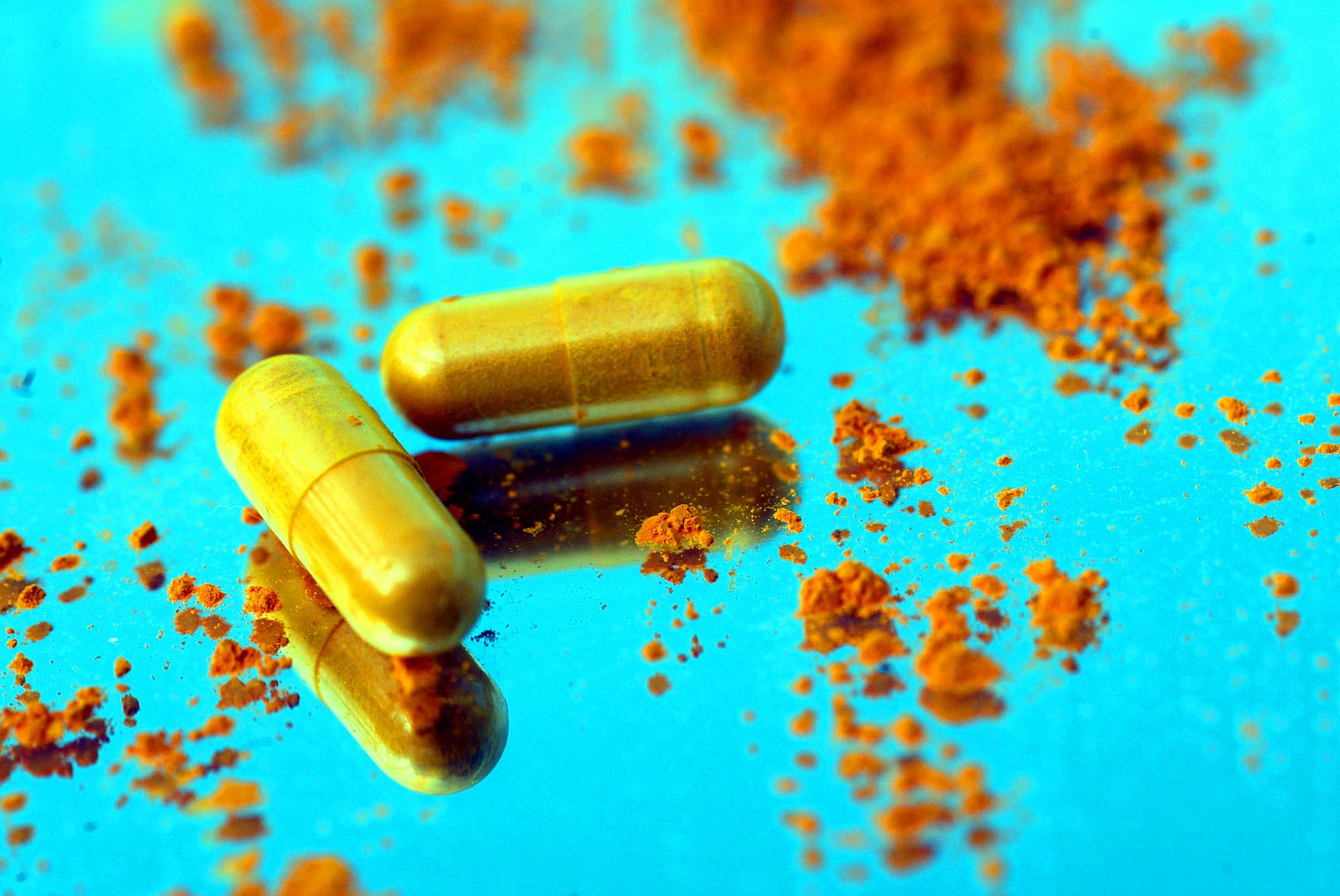- New research links a small number of cases of liver damage to turmeric supplementation.
- Researchers found 10 cases of liver problems caused by ingesting turmeric, including one that resulted in death.
Although still rare, liver damage appears to have increased in the United States in recent years, according to a new report from the federal study group on drug-induced liver injury.
DILIN researchers found 10 cases in which patients - mostly white middle-aged women - developed various liver problems associated with turmeric. Five patients were hospitalized, one of whom died.
The team looked at data from 2004 to 2022 on suspected liver damage caused by medications, including dietary supplements. But all the cases that showed turmeric to be the most likely cause of harm occurred after 2011. Six out of 10 cases occurred in the past. five years, which researchers interpreted as evidence of increased liver damage from turmeric in recent years.
In three cases of liver damage, patients took turmeric supplements containing paprika or black pepper. Black pepper helps the body better absorb turmeric supplements, and some nutritionists recommend taking them together.
There is little research on interactions between supplements and prescription medications, as well as between different ingredients such as turmeric and black pepper, said Dr. Paul Ko, director of the division of hepatology at Stanford University School of Medicine. Pharmacists check interactions between different medications, such as antibiotics and blood pressure medications, Koo said, but doctors usually don't document the supplements people take.
"Because the supplements are marketed as 'natural' treatments, they are considered safe," Kwok told Insider. "Dietary supplements should be combined with caution because interactions are not well understood."
Other studies have linked turmeric to liver damage. In 2019, Italian researchers found seven cases of turmeric-induced liver disease in the country. Several case studies over the past two years have identified many patients in the United States who developed liver problems due to cucumber, and DILIN's work aims to better understand these conditions.
The Food and Drug Administration does not require supplement providers to demonstrate efficacy or establish safe dosing standards before placing a product on the market. Doctors told Insider that consumers should be aware that a lack of strict regulations means dietary supplements may pose as yet unidentified health risks.
"If new information raises safety concerns, the FDA may withdraw approval of the dietary supplement, provided the FDA does not conclude that approved use is harmless," Insider said in a statement.
DILIN does not keep track of the amount of turmeric consumed by each patient with liver damage, and the supplements contain different levels of the spice. One tablespoon of turmeric contains about 5,000 milligrams and is usually good for four to six servings; The amount of turmeric in supplements can range from 500 mg or less to more than 8000 mg.
However, Dr. Cyriak Abe Phillips, a hepatologist in India who studies the effect of herbs on the body, says that the development of liver problems from turmeric is not entirely dose dependent. He says that some people may have a more severe reaction to higher doses or long-term use of turmeric than others, due to a genetic predisposition to infection.
Philips has expressed concern about the marketing of turmeric as a safe treatment for chronic respiratory diseases. Clinical evidence does not support the use of turmeric to treat or prevent disease, he said, adding caution to patients who may have a risk-free experience.
Because there is no clinical evidence to support the health benefits of turmeric, and its potential for liver and blood effects, Philips recommends against using turmeric.
“The belief that turmeric is a safe and natural herbal supplement has led people to use it as an adjunct treatment for conditions such as diabetes, cancer, and viral infections, when none of these conditions require treatment or treatment with turmeric. They benefit from using it as a standard.. Furthermore, Phillips said.

